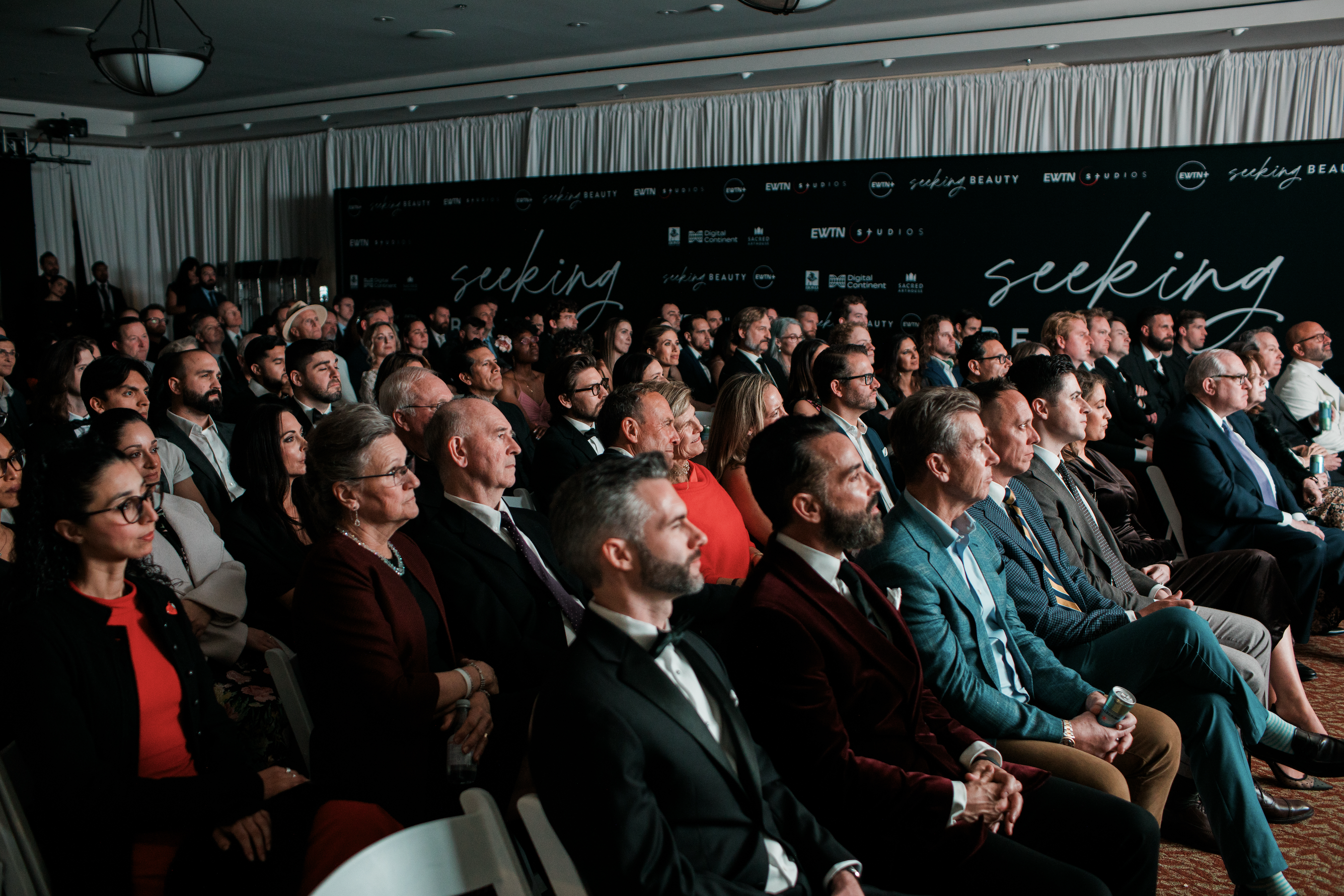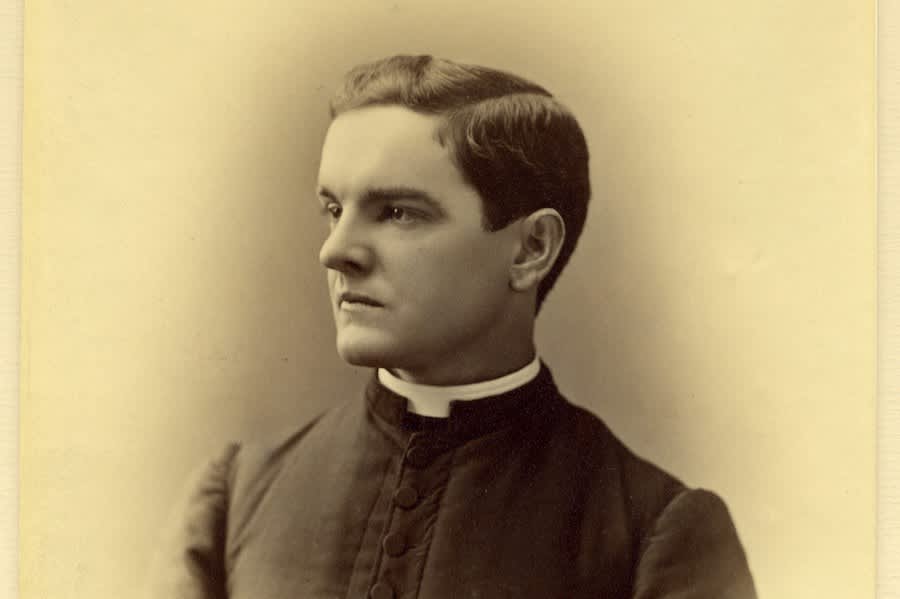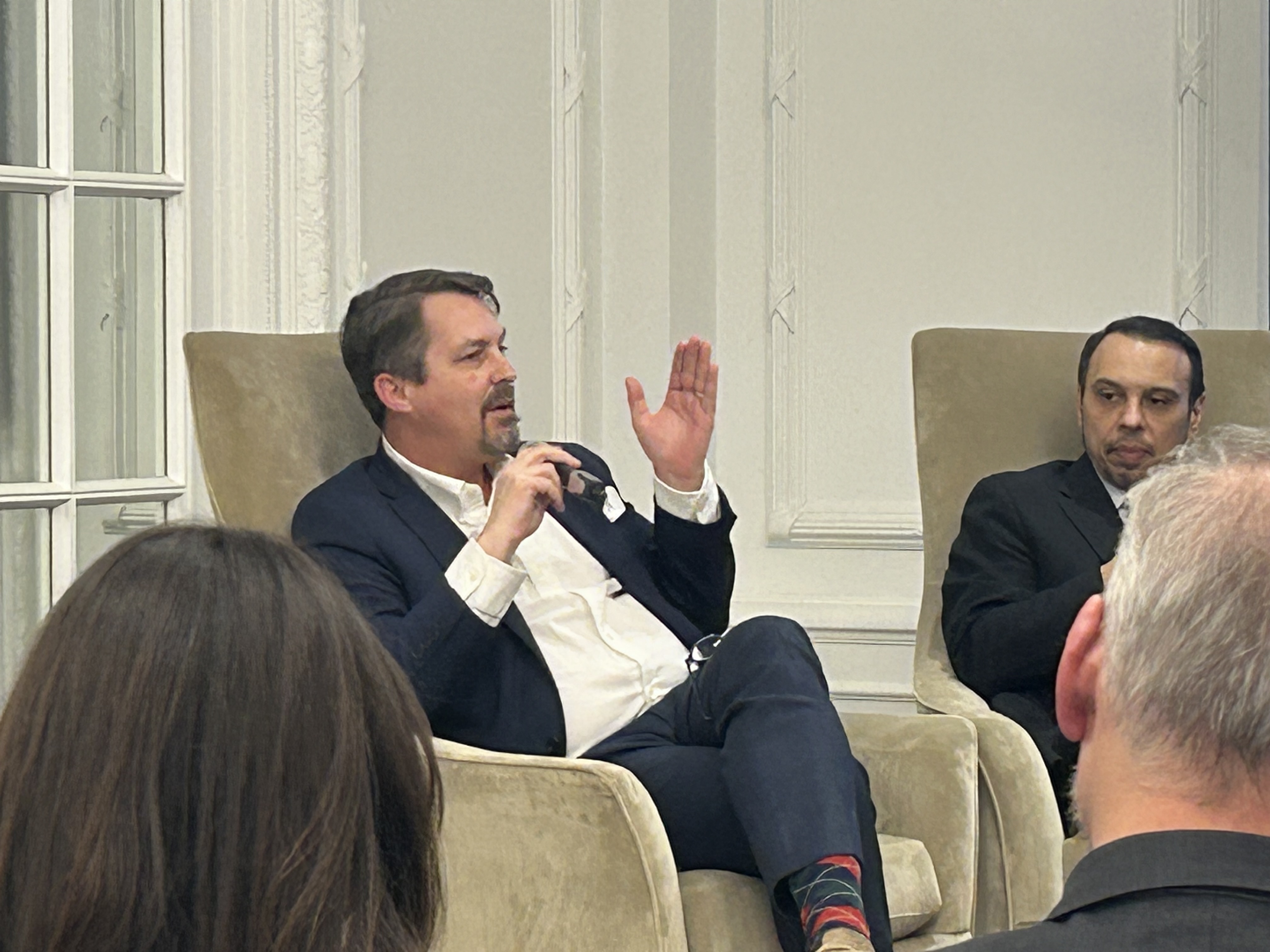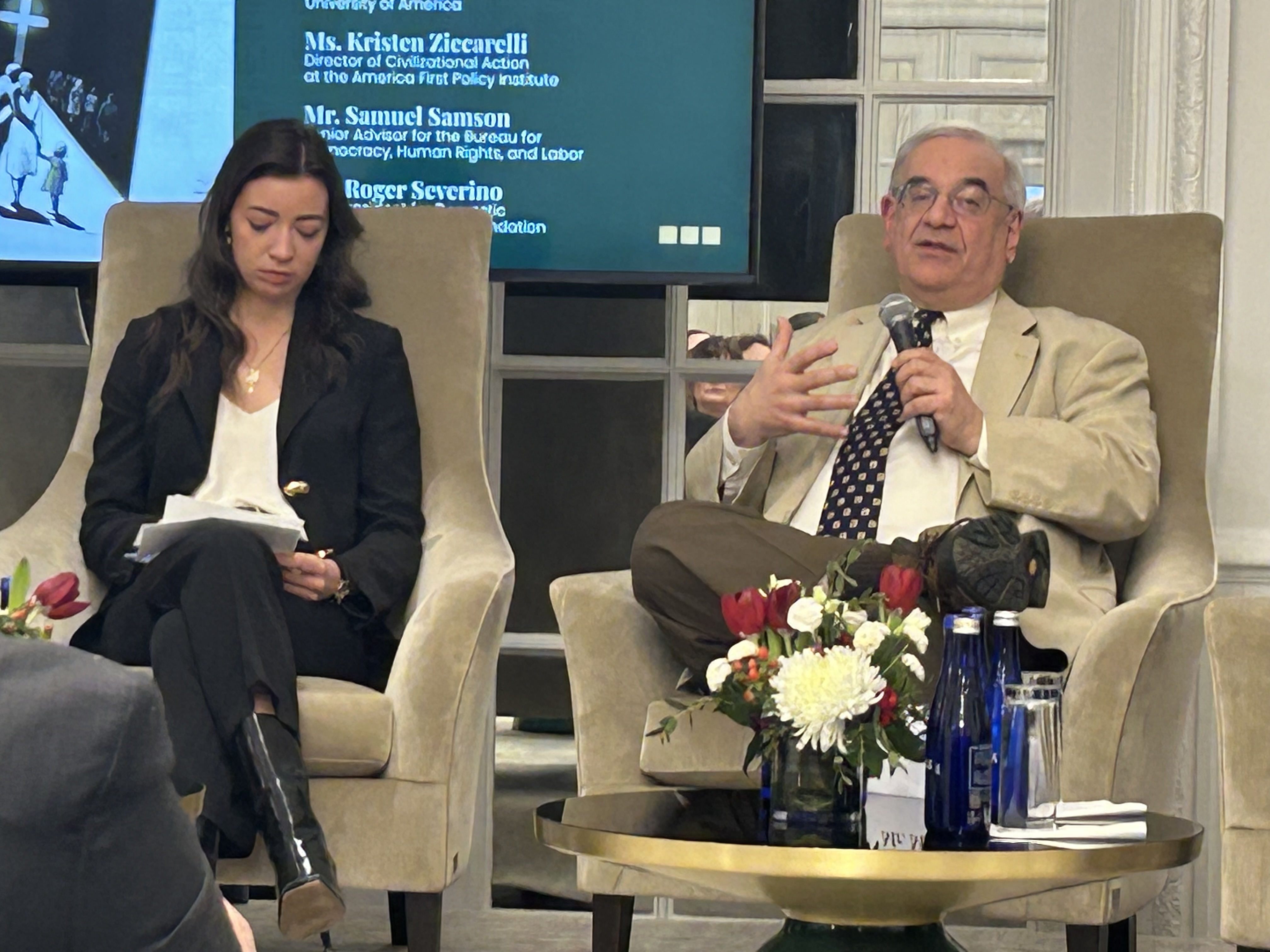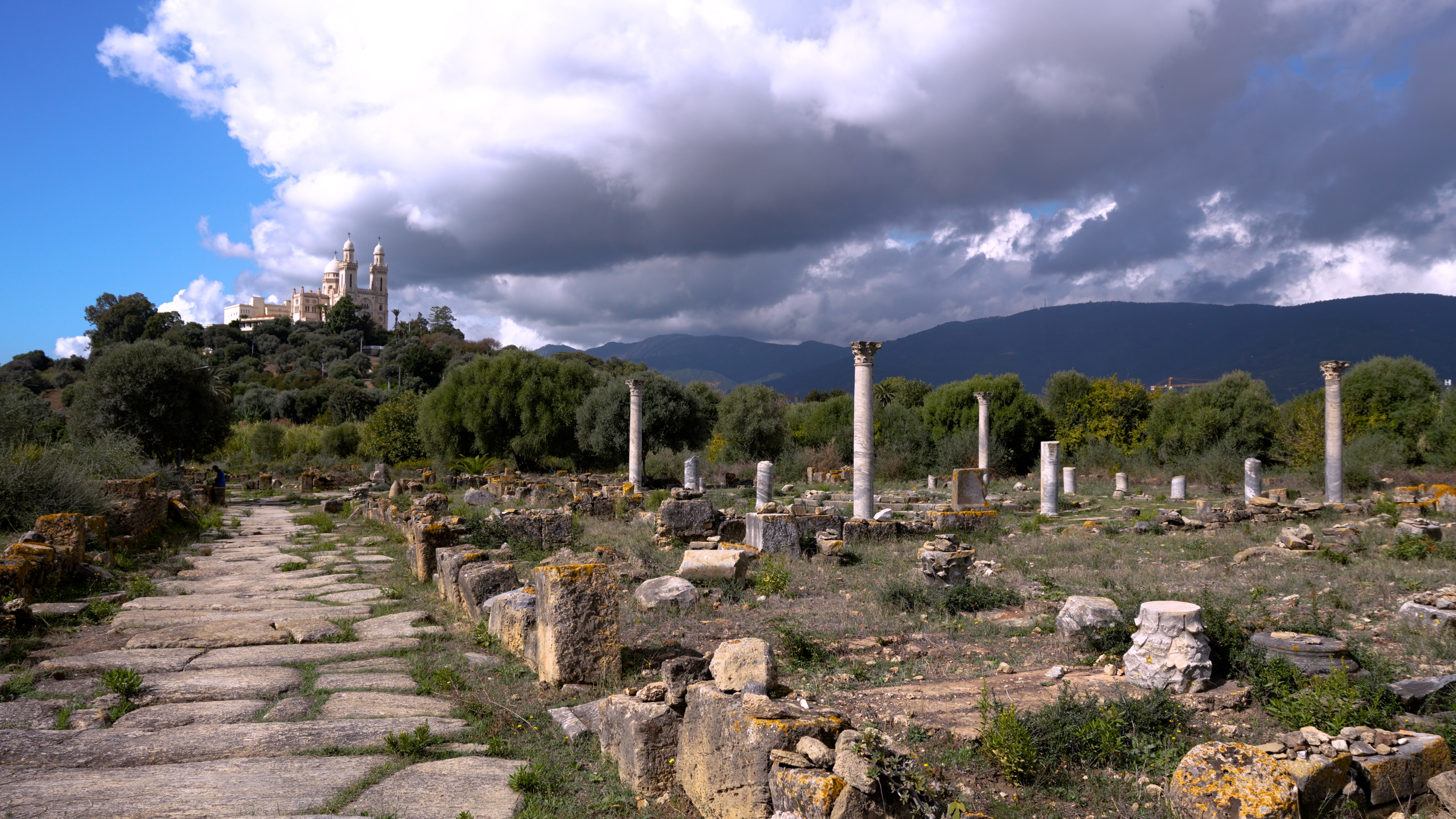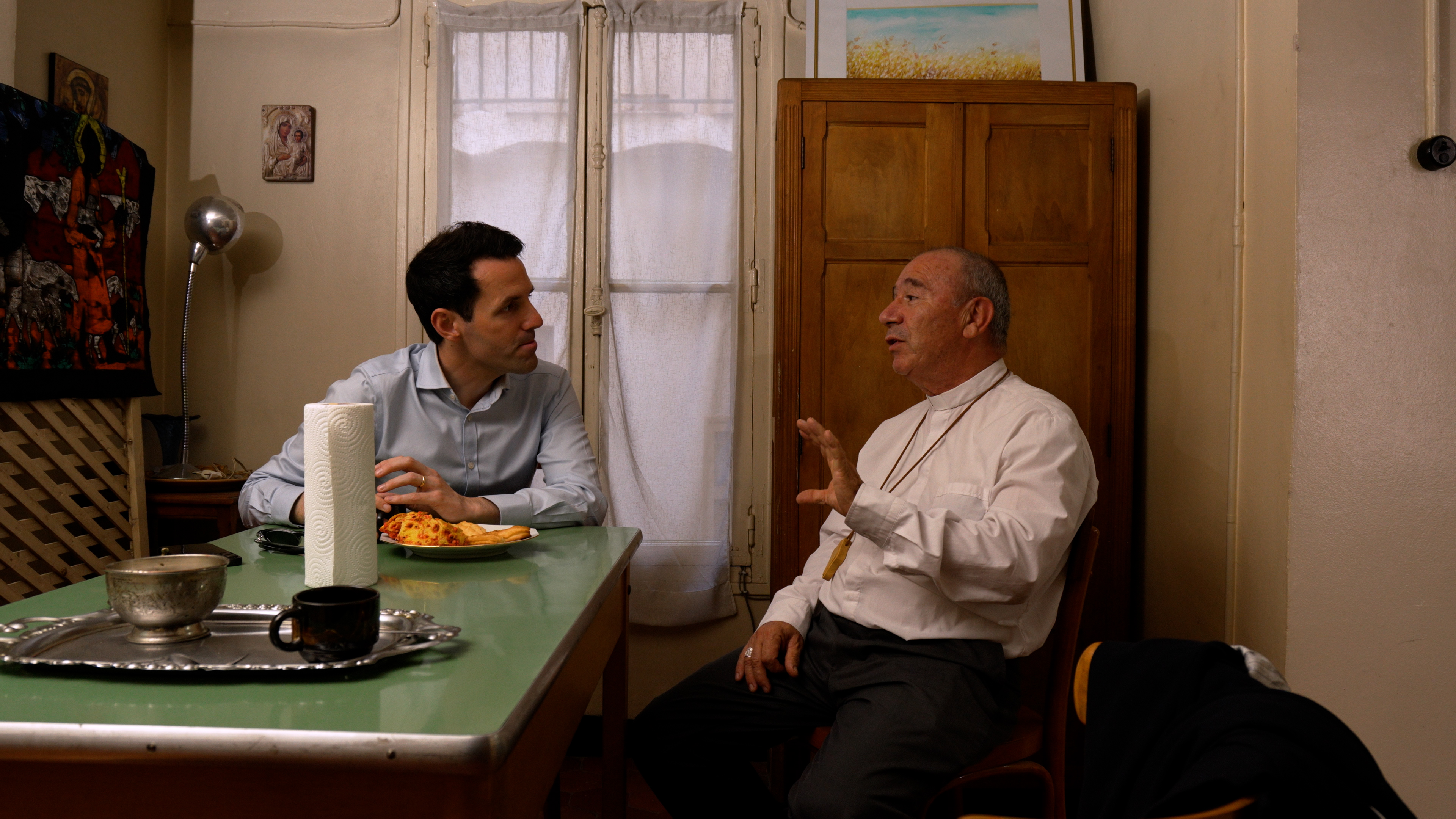http://www.myspiritfm.com/news?blogid=8838&view=post&articleid=292727&link=1&fldKeywords=&fldAuthor=&fldTopic=0
Pope Leo XIV addressed a letter to the priests of the Archdiocese of Madrid, who were called together by Cardinal José Cobo to reflect on their ministry and the pastoral needs of the archdiocese in a two-day meeting this week.
The pontiff described how the secularized cultural landscape has changed, requiring a new approach to exercising the priestly ministry and evangelization.
The Paul VI Foundation Auditorium in the Spanish capital is the venue hosting the meeting, known as the Convivium presbyteral assembly, which, in addition to the approximately 1,100 diocesan priests in attendance, includes the participation of about 100 laypeople and members of religious orders.
In Pope Leo XIV's letter, he thanked the participants for "their willingness to gather as a presbytery, not only to discuss common issues but also to support one another in the mission you share."
The pope praised "the commitment with which you live and exercise your priesthood in very diverse parishes, ministries, and realities," sometimes "amidst weariness, complex situations, and a quiet dedication of which only God is a witness."
Need to cultivate discernment grows
"The times in which the Church is living invite us to pause together for a serene and honest reflection," the pontiff continued, "to learn to acquire a profound understanding of the moment we are experiencing, recognizing, in the light of faith, the challenges and also the possibilities that the Lord is opening before us."
Leo XIV considered that "it is increasingly necessary to cultivate discernment and practice it, so that we may perceive more clearly what God is already doing."
'Faith risks being instrumentalized, trivialized, or marginalized'
The pope said this reflection must take into account "advanced processes of secularization, increasing polarization in public discourse, and the tendency to reduce the complexity of the human person, interpreting it through partial and insufficient ideologies or categories."
He emphasized that "faith risks being instrumentalized, trivialized, or relegated to the realm of the irrelevant, while forms of coexistence are adopted that dispense with any transcendent reference."
To this must be added "a profound cultural change that cannot be ignored: the progressive disappearance of shared points of reference."
"For a long time, the Christian message found fairly well prepared ground, because the moral language, the great questions about the meaning of life, and certain fundamental notions were, at least in part, shared. Today, that common substratum has weakened considerably," the pope observed.
"The Gospel is not only met with indifference but with a different cultural landscape, where words no longer mean the same thing and where the initial proclamation cannot be taken for granted," he explained.
A new restlessness
Beyond this reality, the Holy Father also invited the priests to consider "that in the hearts of not a few people, especially young people, a new restlessness is emerging today."
"The absolutization of well-being has not brought the expected happiness; a freedom detached from the truth has not brought the promised fulfillment; and material progress, on its own, has not managed to soothe the profound longing of the human heart," he added.
Due to "a greater sense of dissatisfaction despite having everything," Leo XIV observed that many "are beginning to open themselves to a more honest and authentic search, a search that, accompanied with patience and respect," leads to an encounter with Christ.
The priests that Madrid needs
While describing what type of priests Madrid and the Church need today, Leo XIV said that they should not be men "defined by multiplication of tasks or by the pressure [to get] results," but rather should be "men conformed to Christ, capable of sustaining their ministry through a living relationship with him, nourished by the Eucharist and expressed in a pastoral ministry marked by the sincere gift of self."
"It is not a matter of inventing new models or redefining the identity we have received but rather of proposing anew, with renewed intensity, the priesthood in its most authentic core — to be another Christ, allowing him to shape our lives, unify our hearts, and give form to a ministry lived from intimacy with God, faithful dedication to the Church, and concrete service to the people entrusted to our care," he said.
Characteristics of the priest
Using the Madrid cathedral as an image, the pope highlighted some characteristics of a good priest.
"He does not live to show off, but neither does he live to be lost in the background. His life is called to be visible, consistent, and recognizable, even if it is not always understood."
"He is never an end to himself. His entire life is meant to point to God and to accompany others on their journey toward the mystery, without usurping [God's] place."
"The priesthood is lived in this way: being in the world, but not of the world (cf. John 17:14). Celibacy, poverty, and obedience are situated at this crossroads; not as a negation of life but as the concrete way that allows the priest to belong entirely to God while still walking among men."
Leo XIV also considered that priests should live out priestly fraternity "as the concrete experience of feeling at home, responsible for one another, attentive to the life of their brother priests, and ready to support one another."
Referring to the pillars in the cathedral and likening them to images of the apostles, the pontiff noted that "nor is the priestly life sustained by itself, but by the apostolic witness received and transmitted in the living tradition of the Church, and safeguarded by the magisterium," in such a way that it "avoids building on the sand of partial interpretations or circumstantial emphases, and rests on the firm rock that precedes and transcends it."
"Dear sons," the pope enjoined, "celebrate the sacraments with dignity and faith, being aware that what is produced in them is the true power that builds up the Church and that they are the ultimate end to which all our ministry is ordered. But do not forget that you are not the source, but the channel, and that you too need to drink from that water. Therefore, do not fail to go to confession, to always return to the mercy that you proclaim," the pope said regarding the relationship of priests with the sacraments.
Leo XIV pointed out that "at the altar, through your hands, the sacrifice of Christ is made present in the highest action entrusted to human hands; in the tabernacle, the One whom you have offered remains, entrusted once again to your care. Be worshippers, men of profound prayer, and teach your people to do the same."
Cardinal Cobo: 'We're not lone rangers of the Gospel'
Addressing the priests, Cobo emphasized that convivium (being together in enjoyable fellowship) is "a small gesture of prophecy that we make together. A Church that sits down, that shares bread and the word, a Church that recognizes itself as a family, not only with ideas but with gestures and concrete decisions, like the ones you have had to make today."
Taking St. Isidore, the patron saint of Madrid, as an example, the cardinal said that "we work in fields that we often don't see bear fruit, but together we have this mission that was given to us from the beginning. A mission that is greater than our individual tasks, but it is the mission that God gives to all of us together."
"At each stage in life, we must pause, we must reconnect with each other, and we must remember, as we do today, with a smile and gratitude, that we are not lone rangers of the Gospel but brothers and sisters of a diocese, companions in our vocation, with a mission that extends beyond our parishes and communities," he added.
The cardinal also noted that this presbyteral assembly is intended to be "a space today for us to laugh, to let our guard down a little, and to share a meal and our lives."
"No one is saved alone, we already know that. And we also know that no one evangelizes alone in this great and fascinating city," he pointed out.
In a separate conversation with the press, Cobo expressed his satisfaction with the progress of the meeting and the previous preparatory assemblies, in which the priests spoke frankly about their concerns: "If we don't speak freely, this is all for nothing," he remarked.
He also explained that this gathering of the priests of Madrid, which allowed many to reconnect after years apart since their time in the seminary, "is a rehearsal for a large diocesan assembly" that will be convened in 2027.
This story was first published by ACI Prensa, the Spanish-language sister service of EWTN News. It has been translated and adapted by EWTN News English.
Full Article
